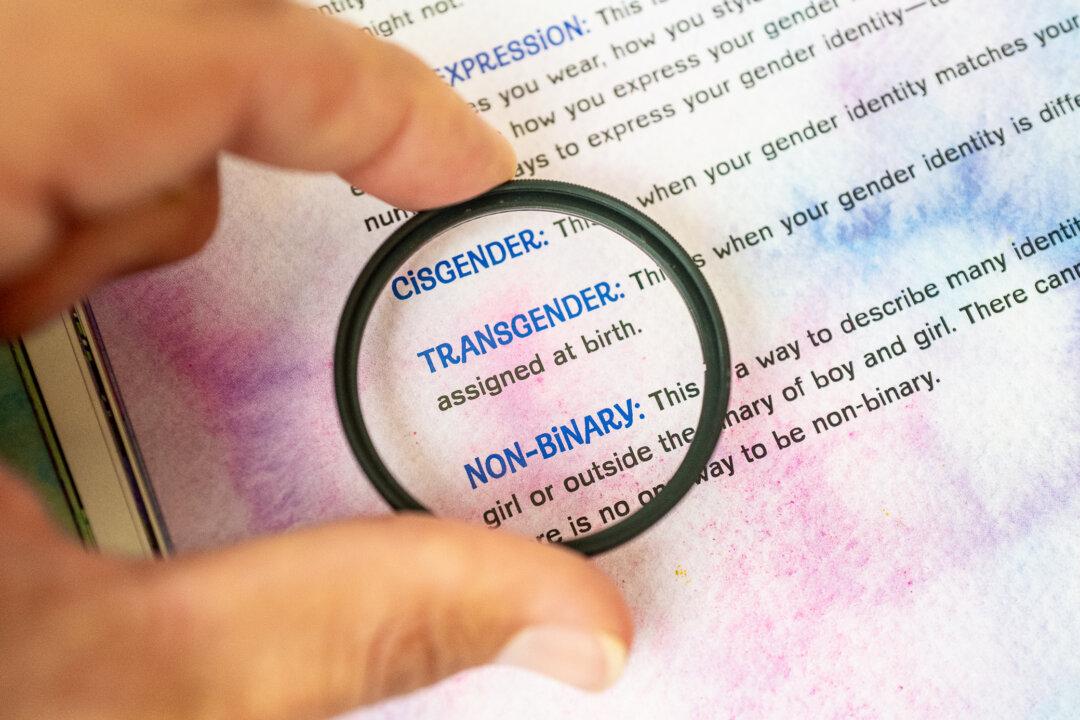A federal court issued an order on May 12 barring a California school district from including gender identity topics in its elementary school buddy program, unless parents are provided with advance notice and an opportunity to opt out.
The issue relates to “an educational activity at odds with Plaintiffs’ religious beliefs,” the May 12 order issued by U.S. District Judge M. James Lorenz reads. The plaintiffs in the case are two fifth-grade male students, referred to as P.D. and S.E. in court documents, studying at La Costa Heights Elementary School in the Encinitas Union School District, and their parents.





